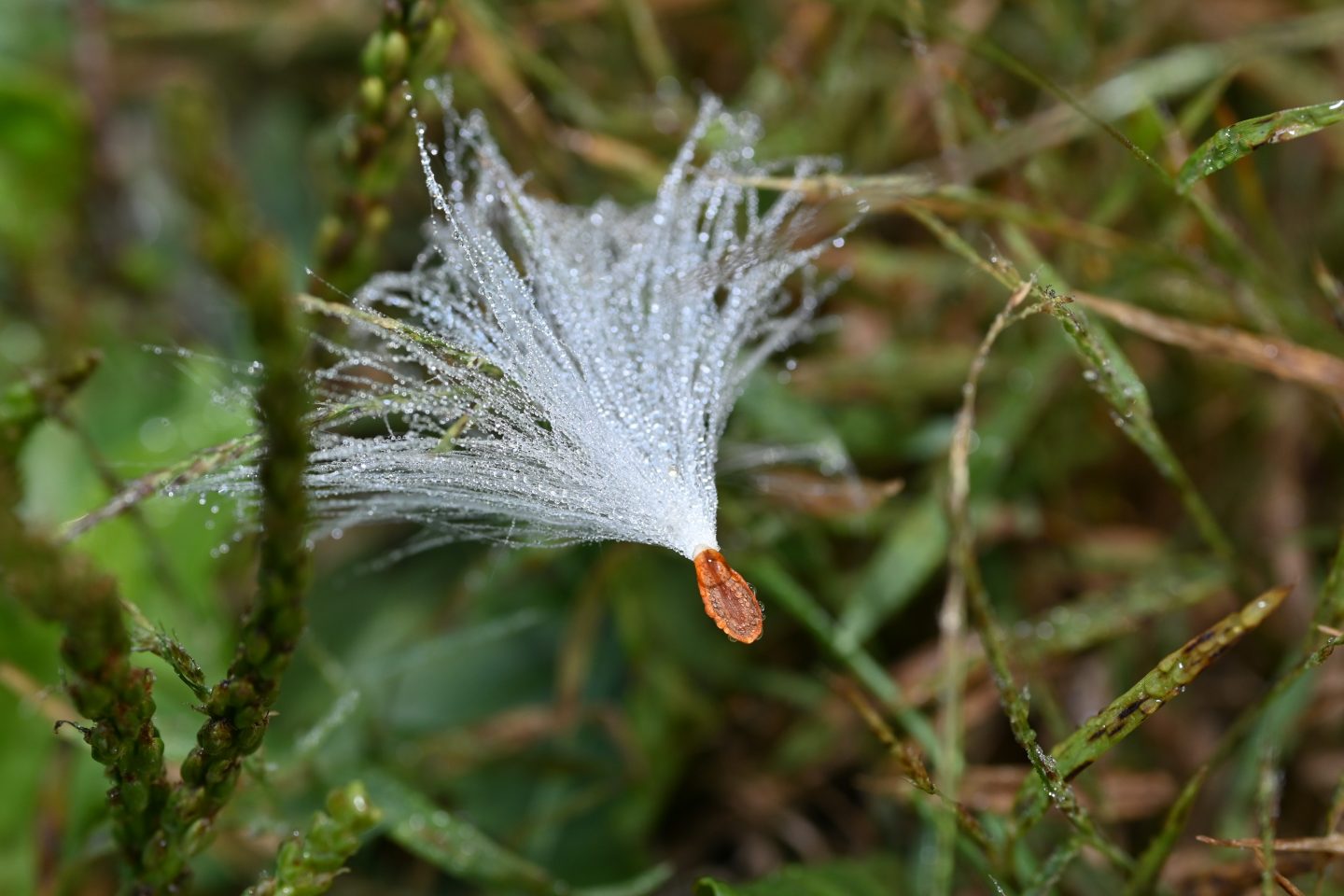
By Monica Macoubrie, Wildlife Education Specialist
Language allows us to capture and describe the world around us, and when it comes to nature, the words we use can be as vibrant and lively as the outdoors itself. From the gentle whisper of a “zephyr” to the earthy aroma of “petrichor,” from the playful “dappled” sunlight filtering through trees to the rhythmic “susurrus” of leaves rustling in the wind, nature is filled with fun and quirky terms that evoke vivid images and emotions. These words not only paint pictures in our minds but also connect us more deeply to the natural world.
Exploring nature’s vocabulary is like taking a delightful stroll through a linguistic garden. Let’s dive into some of these enchanting terms from all over the world and discover a new way to love nature.
Petrichor
Petrichor describes the earthy, pleasant scent that arises when rain first touches dry soil. This unique and refreshing aroma is a blend of plant oils and the compound geosmin, which is released from the ground as raindrops hit. The word “petrichor” is derived from the Greek words “petra,” meaning stone, and “ichor,” the fluid that flows in the veins of the gods in mythology, giving it a poetic and almost magical quality.
Zephyr
Zephyr refers to a gentle or mild breeze, particularly one coming from the west, though it can describe any soft breeze. It originates from the Greek word “zéphyros”, which means “god of the west wind” or simply “a westerly wind.” The ancient Greeks associated “zéphyros” with the light, pleasant breezes of spring and early summer.
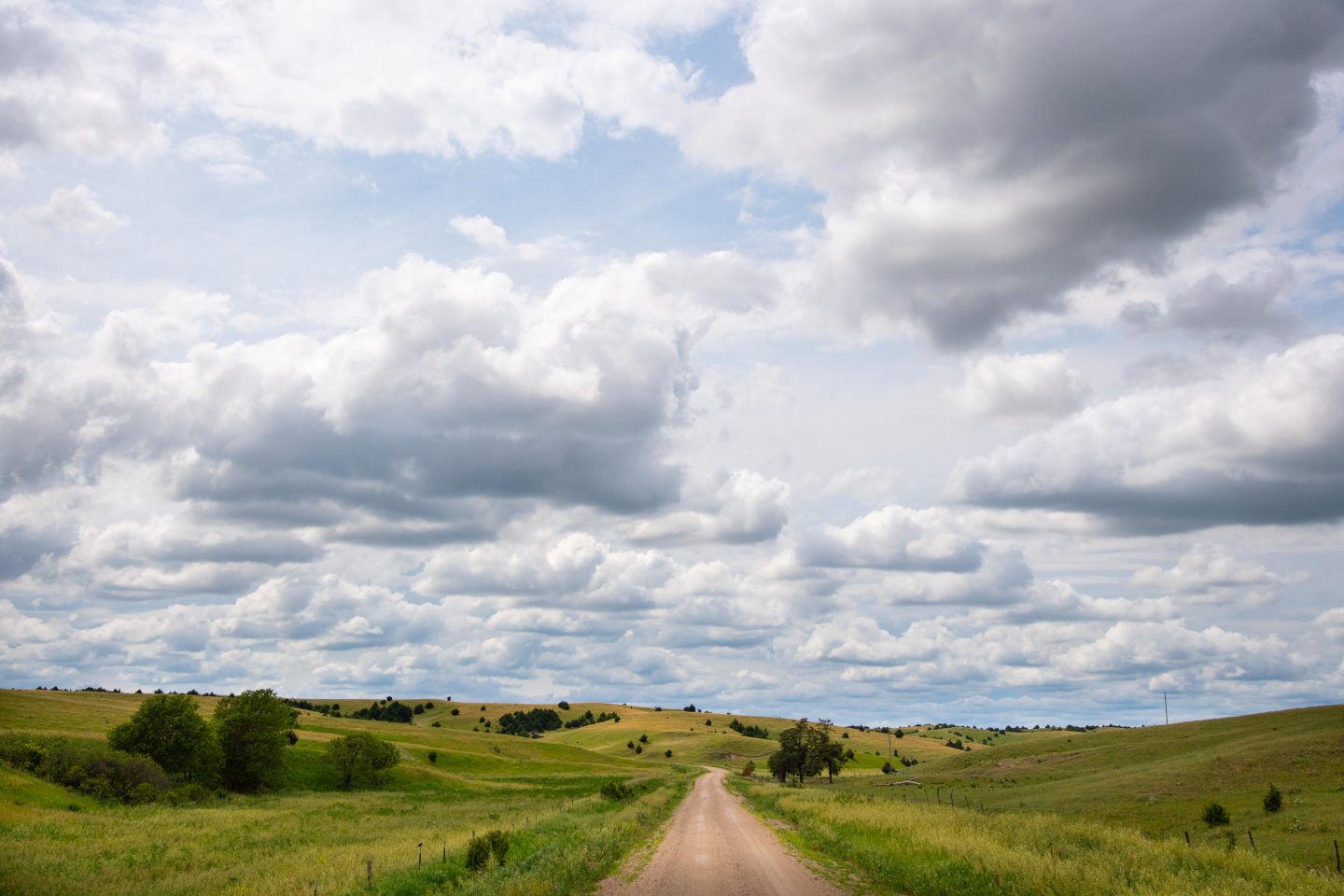
Dendrophile
A dendrophile is person who loves trees and has a deep appreciation for them. Derived from the Greek words “dendron,” meaning tree, and “phile,” meaning lover, a dendrophile is someone who finds joy and serenity in the presence of trees, whether in a dense forest, a quiet park or even a single majestic tree. Dendrophiles often feel a strong connection to trees, drawn to their beauty, strength and the sense of peace they provide. For a dendrophile, trees are more than just plants—they are living symbols of nature’s resilience and grace.
Apricity
Apricity is an old English word that describes the warmth of the sun on a cold winter’s day. It’s the feeling of being gently warmed by the sun’s rays, even while the air around you is crisp and chilly. Apricity captures a moment of simple pleasure and comfort, reminding us of the small joys that nature provides, even in the depths of winter.
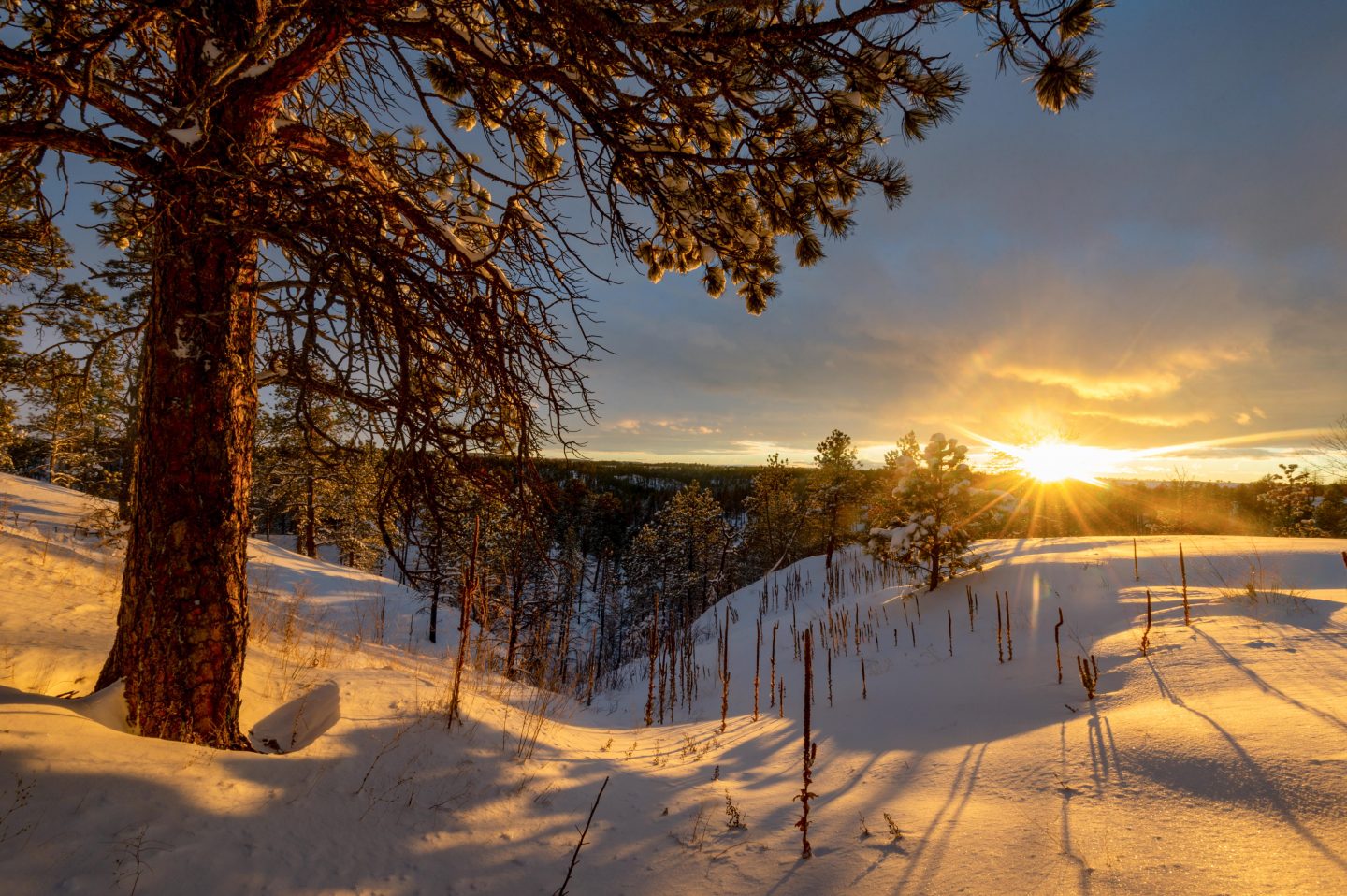
Frondescence
Frondescence is the period or state of a plant when it is in full leaf, showcasing its lush and vibrant greenery. This term beautifully captures the essence of a plant’s growth phase when its leaves are fully unfurled, and the foliage is at its most abundant. Frondescence is a visual celebration of nature’s vitality, symbolizing the peak of life and energy in the plant world.
Moonglade
Moonglade describes the shimmering reflection of moonlight on the surface of water, creating a pathway of light that seems to dance across the waves. This ethereal phenomenon captures the serene beauty of a moonlit night, where the moon’s soft glow creates a gentle, glowing trail on lakes, rivers or oceans. The sight of a moonglade evokes feelings of calm and wonder, as if nature is painting a luminous picture on the water.
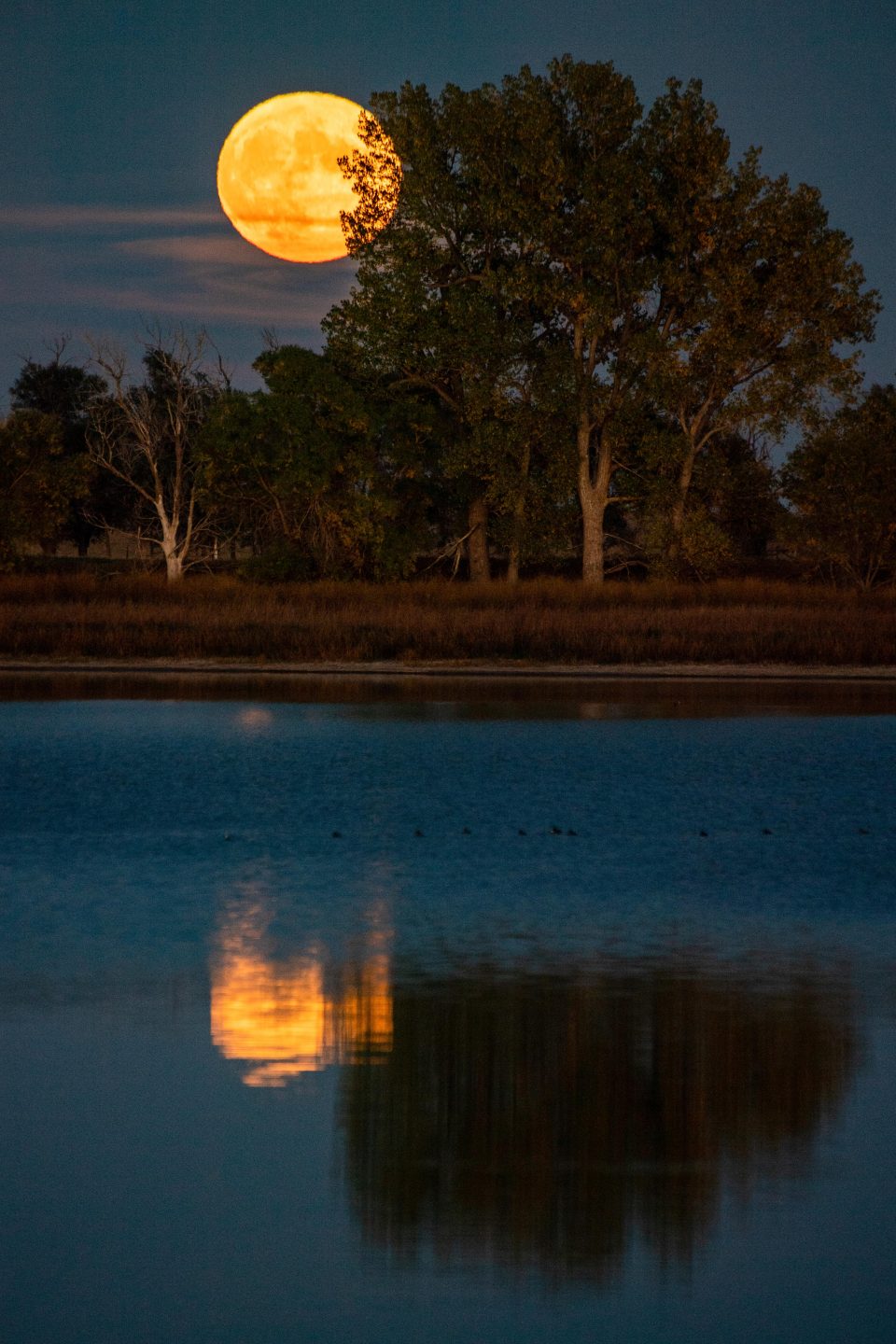
Ombrophilous
Ombrophilous describes plants and animals that thrive in environments with abundant rainfall. These rain-loving creatures are well-adapted to survive and flourish in wet, humid conditions, often found in tropical rainforests or regions with frequent precipitation. The word “ombrophilous” is derived from the Greek words “ombros,” meaning rain, and “philos,” meaning loving.
Noctivagant
Noctivagant describes someone who wanders or roams at night. This term captures the mysterious allure of nighttime exploration, where the world is quiet and cloaked in darkness, inviting those who are drawn to the night to explore its stillness. A noctivagant might find solace and inspiration in the moonlit hours, enjoying the solitude and unique beauty that the night offers. Whether it’s a leisurely stroll under the stars or a quiet journey through dimly-lit streets, being noctivagant is about embracing the tranquility and mystery of the night.
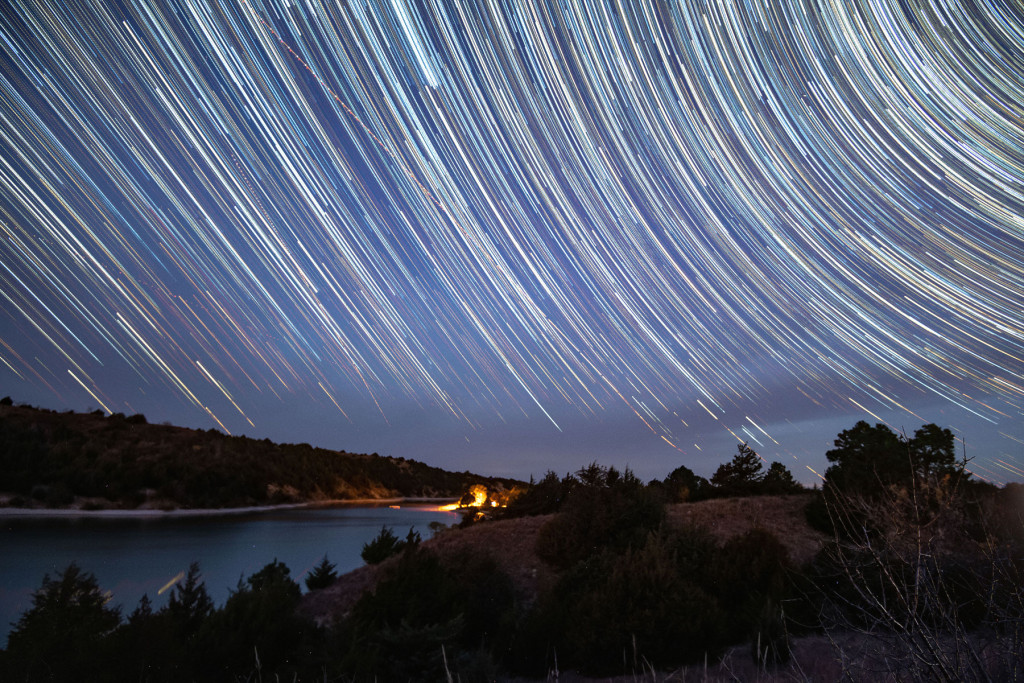
Psithurism
Psithurism refers to the soft, whispering sound of wind rustling through the leaves of trees, often evoking feelings of peace and connection to nature. Psithurism is a word that beautifully captures the subtle yet captivating experience of being surrounded by trees as they sway in the breeze, their leaves brushing together to create a natural symphony.
Virga
Virga is a meteorological term that describes a streak of rain or snow that falls from a cloud but evaporates before reaching the ground. This phenomenon creates a striking visual effect, with wisps of precipitation appearing to hang in the sky like delicate curtains. Virga often occurs in dry climates where the lower atmosphere is too warm to allow the falling moisture to reach the earth.
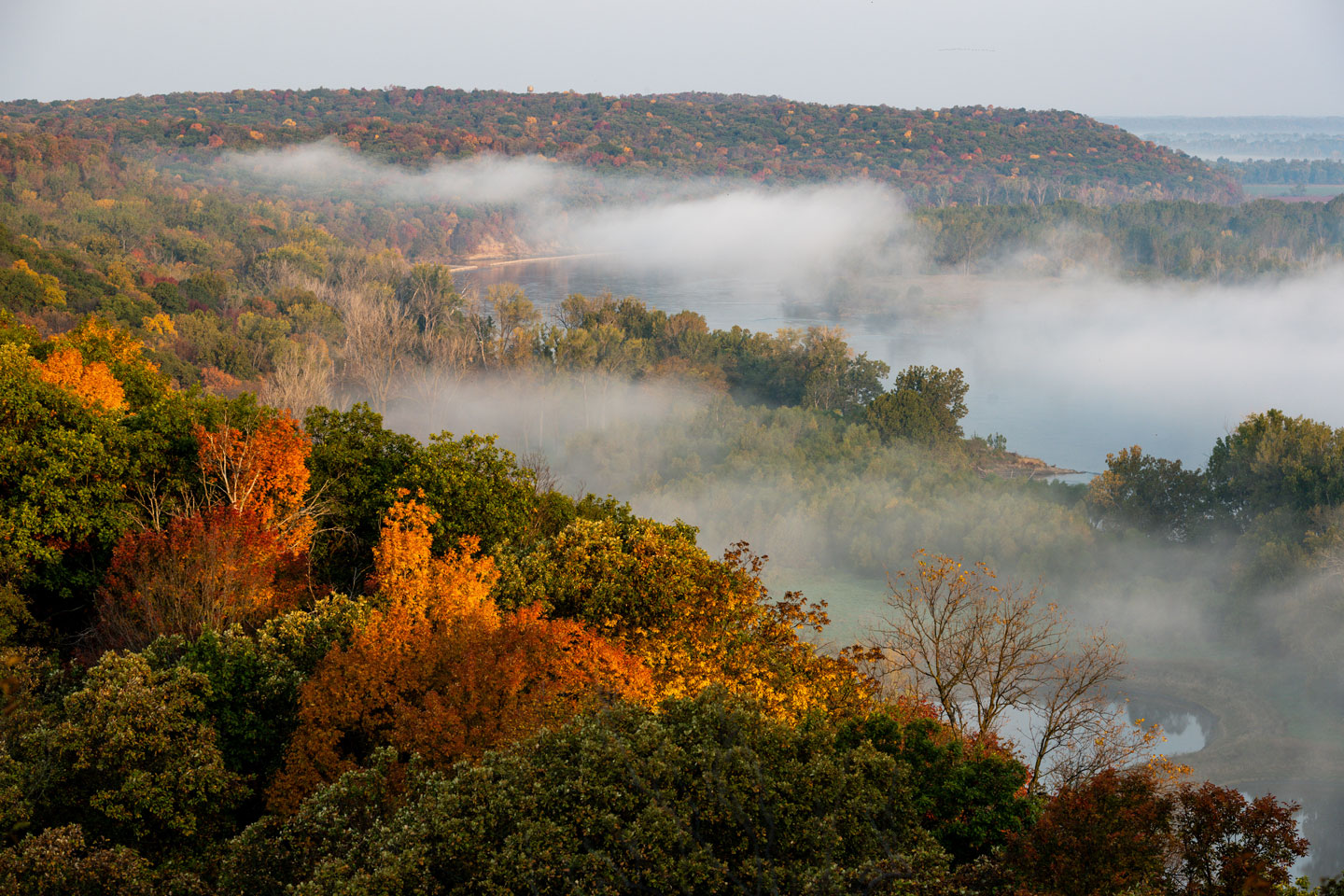
Spindrift
Spindrift refers to the fine spray of seawater that is blown from the crests of waves by strong winds. This misty phenomenon occurs when the water’s surface is agitated, often during storms or high winds, creating a dramatic and dynamic scene as the water is whipped into the air. Spindrift adds a sense of energy and movement to the seascape, capturing the raw power of water and the forces of nature at play.
Freshet
A freshet is a sudden rise in water levels, typically in rivers or streams, caused by heavy rain or the rapid melting of snow. This surge of fresh water, often occurring in spring, can lead to the overflowing of banks and the flooding of nearby areas. Freshets play a critical role in replenishing ecosystems, distributing nutrients and supporting the life cycles of aquatic organisms.
Plenilunar
Plenilunar refers to the period of time when the moon is full. This term encapsulates the luminous beauty and bright, round appearance of the moon as it reaches its peak illumination. During the plenilunar phase, the moon’s light bathes the land below in a soft, silvery glow, creating a magical and serene atmosphere.
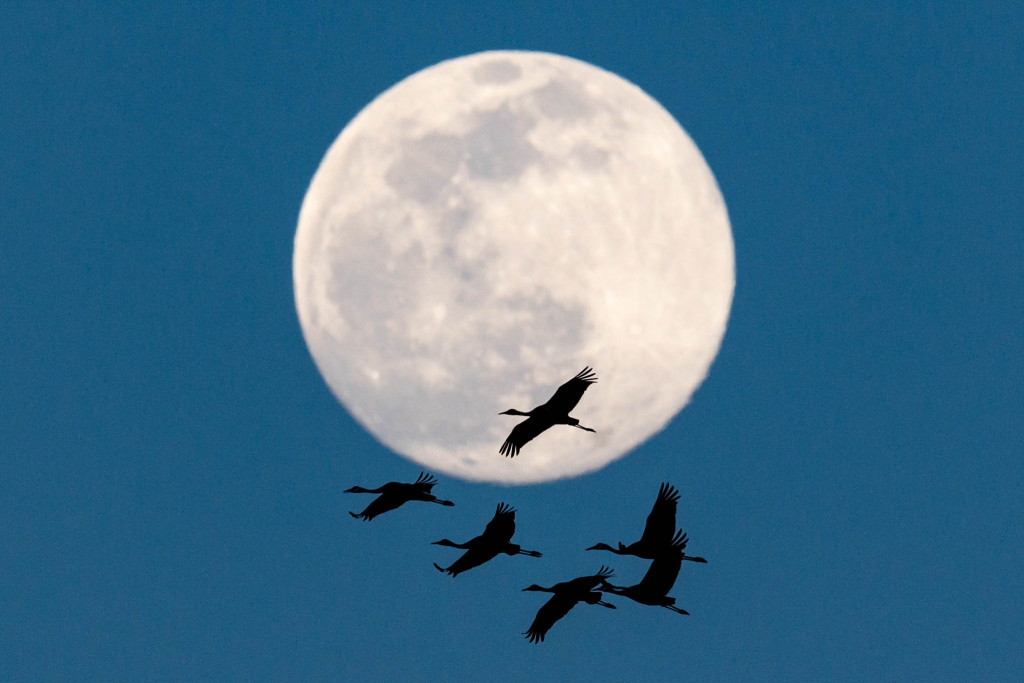
These terms enhance our appreciation of nature’s beauty and complexity. They provide a way to articulate and celebrate the subtle, yet profound experiences we encounter in the great outdoors. Embracing these rare words not only enriches our vocabulary but also deepens our connection to the environment, inviting us to experience and express the wonders of nature in new and meaningful ways.
